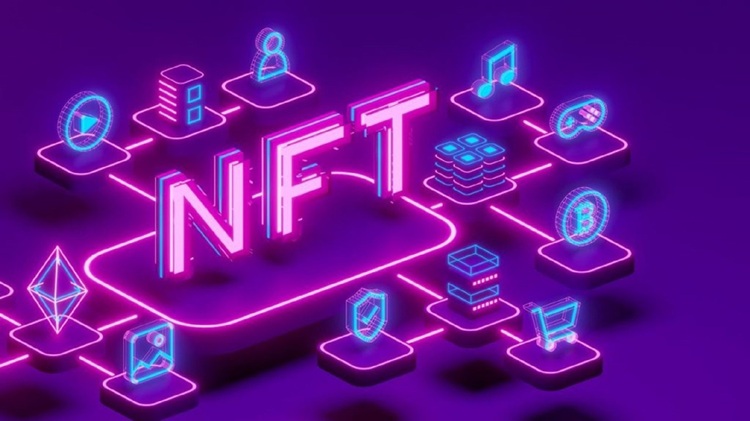The Role of NFTs Beyond Art: Finance, Identity, and Ownership
Non-fungible tokens (NFTs) have transformed the digital space, initially gaining popularity through digital art and collectibles. However, their potential extends far beyond artistic expression. NFTs are now utilized in finance, identity verification, and ownership rights, offering innovative solutions across various industries. As blockchain technology evolves, these digital assets are unlocking new opportunities that redefine how we interact with digital and physical assets.
NFTs in Finance
The financial sector is rapidly adopting NFTs for various applications. These tokens provide a transparent and immutable way of representing financial instrument ownership, ensuring security and efficiency. One of the most significant use cases is in tokenized real-world assets. Individuals and businesses can fractionalize ownership by converting physical assets into NFTs, making high-value investments more accessible.
Another area where NFTs are making an impact is decentralized finance (DeFi). NFTs are now used as collateral for loans, allowing users to access liquidity without selling their assets. Moreover, financial institutions are exploring NFT-based smart contracts to automate transactions, reduce intermediaries, and lower costs. Platforms like Crypto 30x Pro closely monitor these advancements, providing insights and tools to navigate the NFT-driven financial landscape.
NFTs and Digital Identity
Identity verification is a critical challenge in the digital world. Traditional methods involve centralized databases prone to hacking and identity theft. NFTs offer a decentralized solution enabling users to own and control their digital identities. These tokens can securely store personal data, certifications, and credentials on the blockchain, ensuring authenticity and reducing fraud risks.
For instance, academic institutions can issue NFT-based diplomas, ensuring their legitimacy and preventing falsification. Similarly, businesses can use NFTs to verify employee credentials and work experience. This approach enhances security and empowers individuals by giving them complete control over their identity.
Ownership and Intellectual Property
NFTs have revolutionized the concept of ownership by providing verifiable proof of authenticity and rights. This extends to various industries, including real estate, gaming, and intellectual property rights.
Real Estate Tokenization
The real estate sector is embracing NFTs for property transactions. Buyers and sellers can execute transactions seamlessly on blockchain networks by tokenizing real estate assets. Smart contracts ensure secure and transparent agreements, eliminating the need for traditional intermediaries like banks and legal entities. This innovation significantly reduces transaction times and costs, making real estate investments more accessible globally.
Gaming and Virtual Assets
NFTs have become game-changers in the gaming industry. Players can now buy, sell, and trade in-game assets as NFTs, granting them true ownership of digital items. Unlike traditional gaming models, where assets are locked within a single platform, NFT-based assets can be transferred across multiple games and platforms. This interoperability enhances the gaming experience and opens new revenue streams for players and developers.
Intellectual Property Protection
Content creators and artists are using NFTs to secure intellectual property rights. These tokens provide proof of ownership and originality, preventing unauthorized duplication and ensuring creators receive fair compensation for their work. Musicians, writers, and filmmakers can tokenize their work, granting access through smart contracts while retaining control over their intellectual property.
The Future of NFTs
As NFTs evolve, their applications will expand into even more industries. Governments are exploring NFT-based solutions for identity verification, land registries, and legal documentation. Additionally, corporations are integrating NFTs into loyalty programs and supply chain management to enhance transparency and customer engagement.
Regulatory concerns, scalability, and environmental impact must be addressed despite these promising developments. However, with ongoing advancements in blockchain technology, the future of NFTs appears filled with endless possibilities.
Conclusion
NFTs are no longer confined to digital art and collectibles. Their influence extends into finance, identity verification, and ownership rights, reshaping industries worldwide. As blockchain adoption grows, NFTs will unlock new opportunities, ensuring a more secure, transparent, and decentralized future. Businesses and individuals who embrace this technology early on will gain a competitive edge in an increasingly digital economy.

